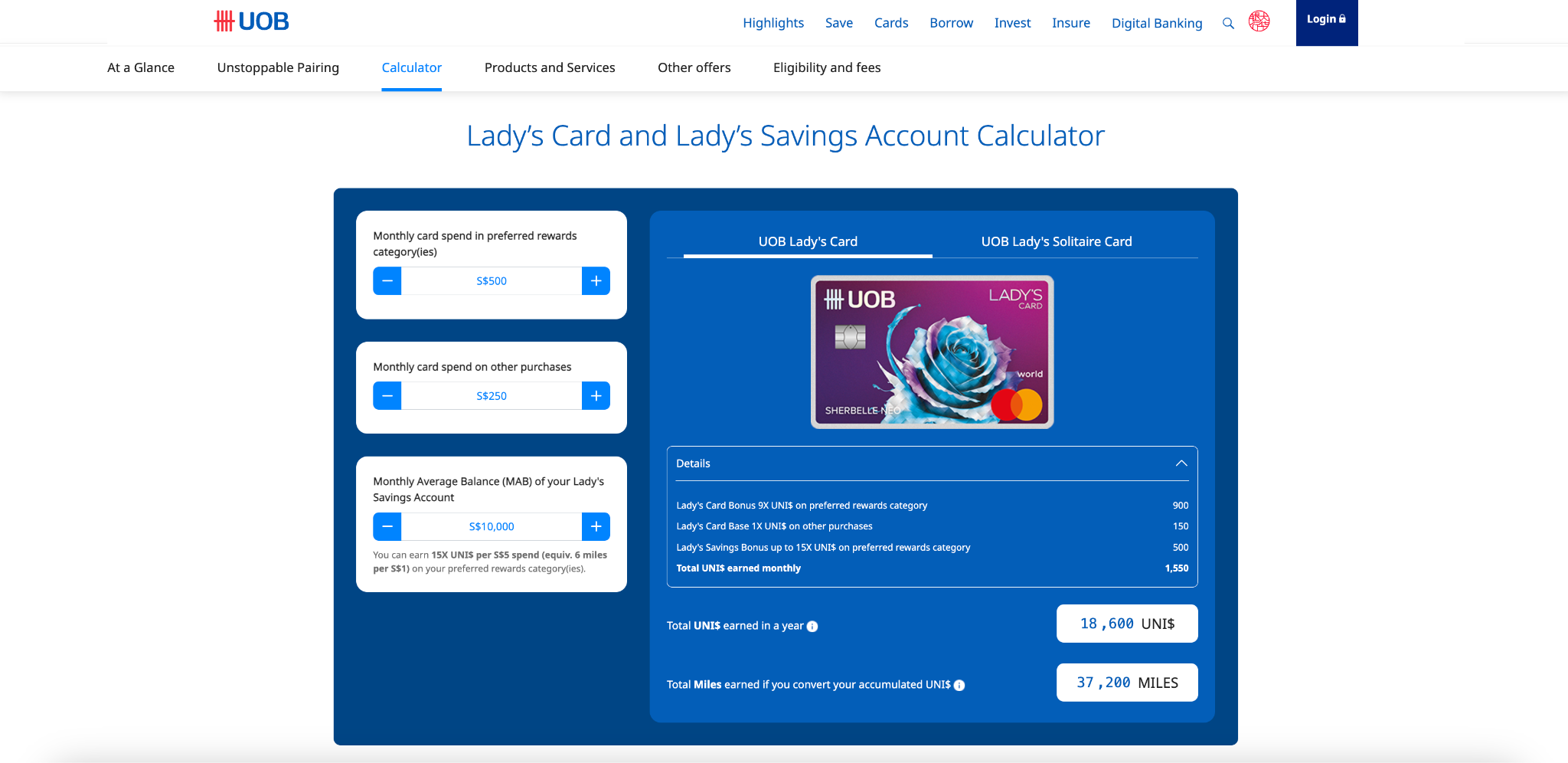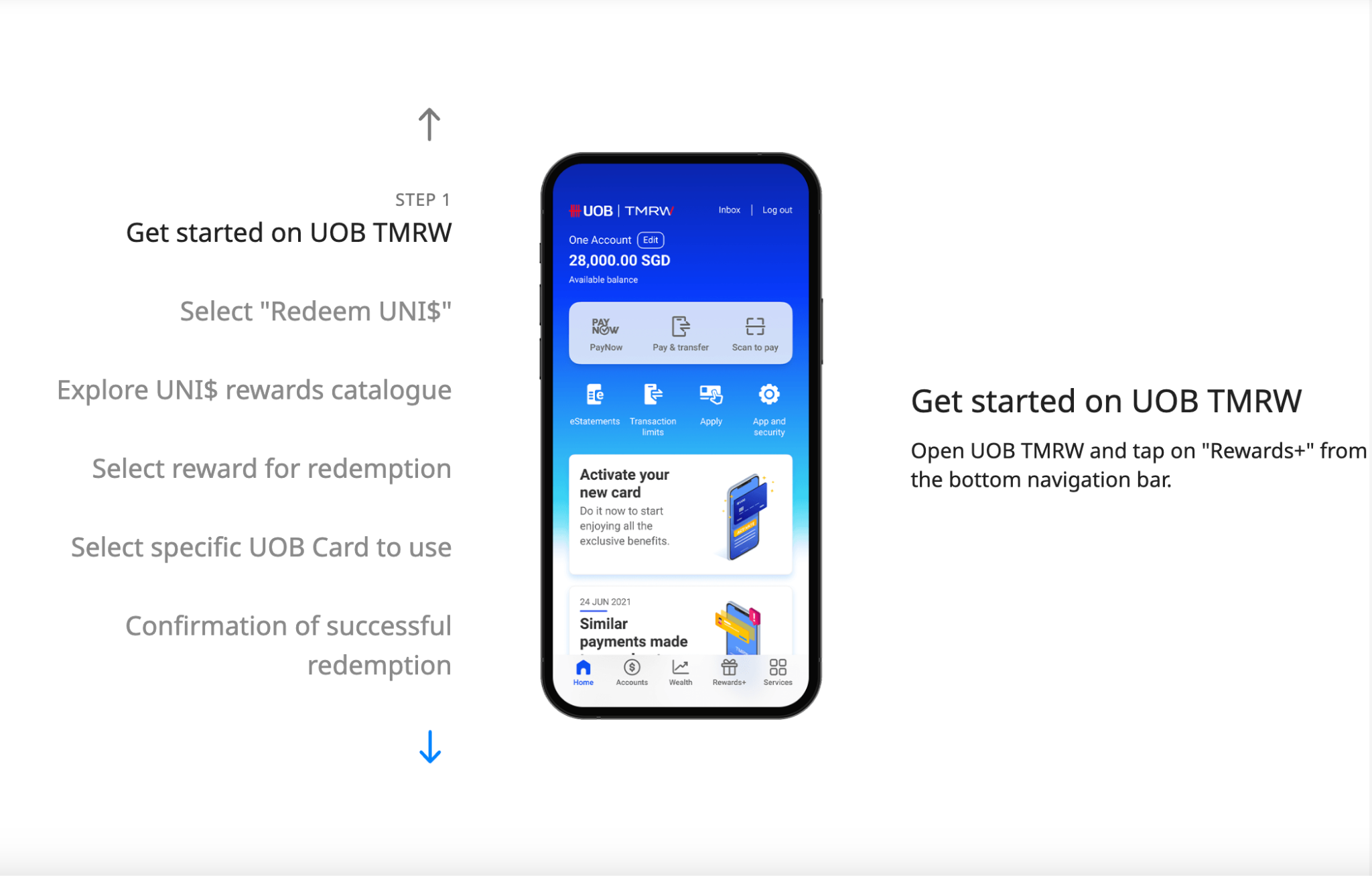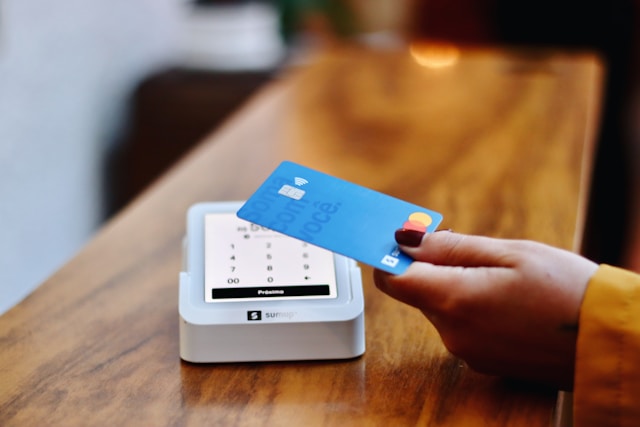Whether you’re gearing up for a big year ahead or just want to breathe easier about money, these six resolutions will set you on the right path this 2025!
#1: SAVE MORE, WORRY LESS
Start small and aim big. Set a goal to save at least three months’ worth of your take-home pay this year, and eventually work toward a full year’s cushion.
With Singapore’s rising cost of living, having an emergency fund is your safety net against unexpected expenses. It’s not just about the amount you save but the habit of saving consistently.
#2: BE CONSITENT WITH MONEY
Consistency is your best friend in financial planning. Even small, regular contributions to your savings can snowball over time. Can’t save a lot? No worries as every dollar counts!
For those with long-term goals, consider setting aside funds for regular investments. The earlier you start, the more time your money has to grow, thanks to compound interest.
#3: SET CLEAR FINANCIAL GOALS
What’s your money motivation? Maybe it’s sending your kids to a prestigious school, taking your dream retirement trip, or passing on your family business. Define your short- and long-term goals, and compare them to where you are financially today.
Pro tip: Create a bucket list of personal milestones. Make these goals tangible (e.g., aiming to travel to London by March), and let them fuel your financial drive.
#4: PLAN SMARTER FOR TAXES
Don’t let taxes catch you off guard! Review your year-end statements and identify potential tax liabilities, such as interest or dividends. Proper tax planning can save you from unnecessary stress and money.
Explore tax reliefs like those for CPF contributions, NSmen, or parent and spouse care. Every bit helps when it comes to keeping more of your hard-earned dollars.
#5: CONTRIBUTE MORE TO YOUR RETIREMENT FUNDS
Say it with me: “2025 is the year to prioritize my future self!” Start contributing regularly to your retirement funds, like CPF. The earlier you begin, the more time your money has to grow.
If you’re employed, ensure you’re maximizing your CPF contributions and exploring top-ups to your Special or Retirement Accounts. It’s a simple yet effective way to build a comfortable nest egg.
#6: SHOP SMART, LIVE WELL
Shopping wisely is all about cutting costs without compromising your lifestyle. Take advantage of discounts, deals, and cashback platforms. Buy in bulk for essentials and hold off on splurging until sales events like the Great Singapore Sale or 11.11.
And don’t forget healthy money habits: Pay your bills as soon as payday hits, track your spending, and focus on financial literacy. These small changes can lead to big savings.

Image Credits: unsplash.com
With these resolutions, you’ll not only build financial resilience but also set yourself up for a more secure and stress-free future. So, what’s your first step toward a brighter financial year?













